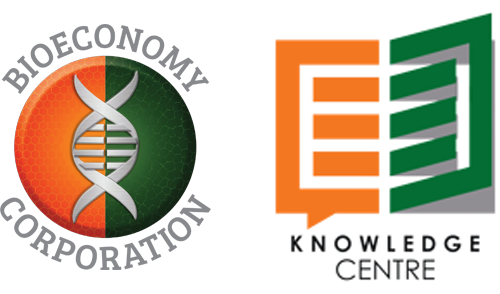A Quick Guide to Healthcare and Biotechnology in the Middle East
| Series: | |
| Publisher: | BioPlan Associates |
| Subject: | Pharmaceutical biotechnology industry--Middle |
| Authors: | Faiz Kermani |
| Pages: | 229 pages |
| Binding: | Hardcover |
| ISBN: | 9781934106150 |
| Call No: | HD 9999.B442. M52 K39 2009 |
Healthcare is a universal right and regardless of region, everyone in the world should benefit from the advances that have been made in modern medicine. The Middle East is no exception. This book aims to explore how healthcare is developing in this important world region and what this means for the pharmaceutical and biotech sectors. Most major companies have some presence in the Middle East but in the past have appeared reluctant to make major investments across the region. In many cases, political events in the region have probably caused companies to look elsewhere in the world for growth prospects. However, a growing reliance on emerging markets has caused many companies to reevaluate the Middle East. Many have been pleasantly surprised at the opportunities now open to them. Similarly, governments across the Middle East have made an overt commitment to improving healthcare for their citizens. Now is the time to engage with the biopharmaceutical industry. The Middle East offers companies numerous opportunities to expand and the time for incorporating this region into global strategies has arrived. Unlike many other global regions there is still a window of opportunity for companies that have not yet explored the region to become involved. There is a demand in the region for modern medicines and the rapidly growing population means this will continue in the long term.
Furthermore, there are numerous opportunities for partnerships with local organizations as well as for direct investment. Many countries are openly courting international companies and offering attractive incentives to invest in their markets. This scenario is in contrast to many other countries, where the biopharmaceutical industry faces official restrictions and public pressure, which are forcing them to adopt defensive strategies. In this era of globalization it remains puzzling that the Middle East still remains an uncharted region for many biopharmaceutical companies. It is certainly true that the region can be characterized by political instability, an uncertain business environment and weak legislation, but such factors are common to many emerging markets. Those companies with the ambition to expand will know that any difficulties can be overcome and the rewards for those that succeed will be great. The Middle Eastern healthcare markets have begun developing to an exciting stage where they can offer companies opportunities for long term growth. This necessitates taking a fresh look at the region. This book will give readers the necessary background to understand the complexities of the region so that they can identify the potential business opportunities for themselves.

